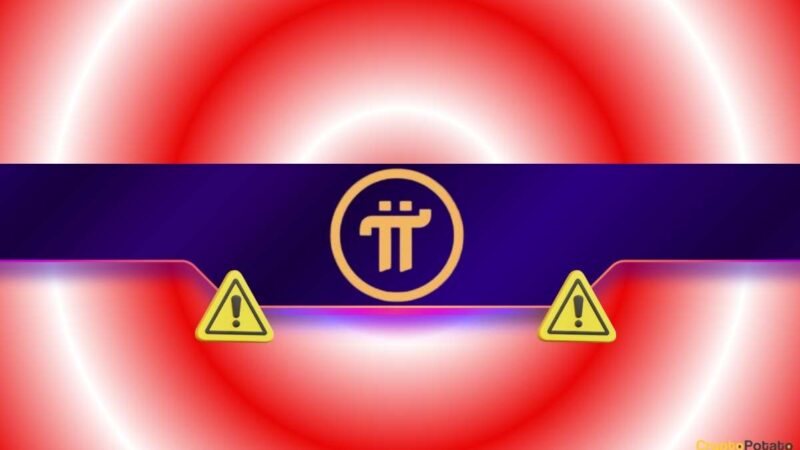How Serenade Aims to Create Climate-Friendly NFTs
[Featured Content]
Centered around the NFT digital collectibles, the Metaverse is expected to become a reality. They open new avenues in industries like arts, media, gaming, and entertainment, taking them to new heights, and these are just the explored use-cases of NFTs. Experts believe that there could be hundreds of unexplored opportunities with NFTs across industries that could change how our world functions.
However, while NFTs might be the future, they’re also having an adverse impact on our planet’s environment in their current state.
The Possible Environmental Impact of NFTs
The impact of Bitcoin mining on our environment has been widely discussed all across the globe. Its carbon footprint has been studied, analyzed, and even sustainable alternatives have emerged in the past couple of years. Through this whole ordeal, a topic that was conveniently brushed under the carpet is the impact that NFT minting has on the environment.
NFTs or non-fungible tokens are rare collectibles representing anything from art, and music to memes and videos on-chain. This means that just like cryptocurrencies, NFTs too need to be registered, sold, and traded on the blockchain, requiring next-level computational powers.
Most of the popular NFT marketplaces, be it OpenSea, SuperRare, or Makers Place are built on the Ethereum blockchain.
Just like Bitcoin, Ethereum uses the proof-of-work (PoW) consensus algorithm for validating transactions (keeping in mind the ongoing transition to Proof-of-Stake of ETH 2.0).
This process requires specialized computers called mining rigs to validate and approve transactions, and they not only generate excessive heat but have huge power requirements.
Considering the fact that NFT production and sales have grown exponentially over the past year, and until Ethereum transit into PoS, their environmental impact can be huge.
Serenade: Planet-friendly NFTs
It goes without saying that NFTs have huge benefits for artists, and if they start backtracking, they might miss out on an opportunity that has the potential to catapult their success. This is why Australia-based music tech startup Serenade has come forward with a platform that mints planet-friendly NFTs that create only a fraction of the carbon footprint as compared to Ethereum.
To achieve this ambitious vision, Serenade has ditched the PoW consensus protocol in favor of proof-of-stake (PoS). Unlike PoW, PoS does not require miners or powerful computers. A set of validators stake their tokens to validate transactions on the network, which makes transactions faster, cheaper, and more importantly, environment friendly.
According to the team, with PoS, Serenade can mint using 1/10th of the energy required for a tweet, and it creates only 1/44000th of the carbon footprint of regular NFTs. This opens up a way for artists to capitalize on the NFT movement and grow their businesses without the guilt of the carbon footprint.
Serenade allows musicians and artists to mint exclusive digital collectibles of their music albums, videos, live performances, documentaries, and artwork that can be sold as NFTs to their fans. These NFTs allow fans to support their favorite creators and uniquely own pieces of their content.
As stated by the team, the project has already partnered with top musicians across the globe with more partnerships coming soon. With these planet-friendly NFTs and major partnerships, Serenade is all set to take the entertainment industry to its next level of success.
Building a Sustainable Decentralized World
Global warming and climate change are probably the biggest threats mankind faces today. In a time like this, the newly emergent blockchain technology and its by-products seem to have only added load on the environment. This is why there is a dire need for projects like Serenade that can reduce the environmental impact while still making sure that blockchain’s innovative products do not take a hit.

